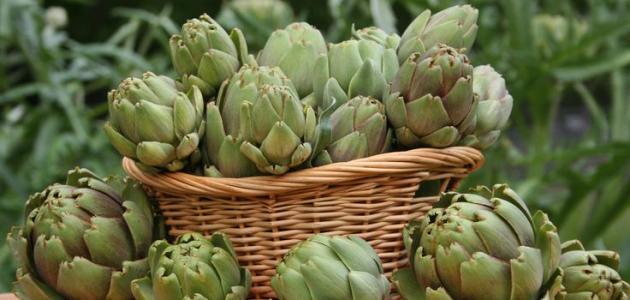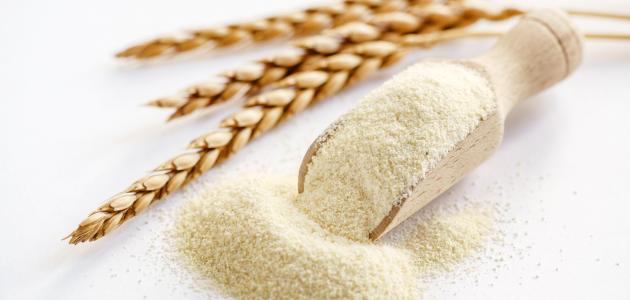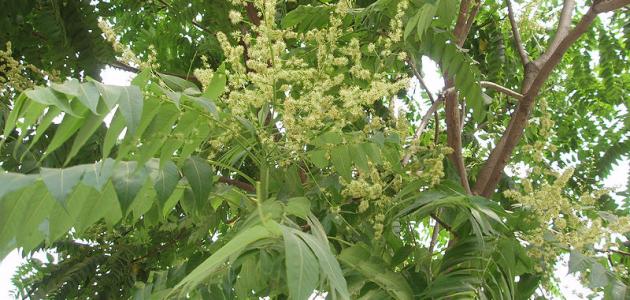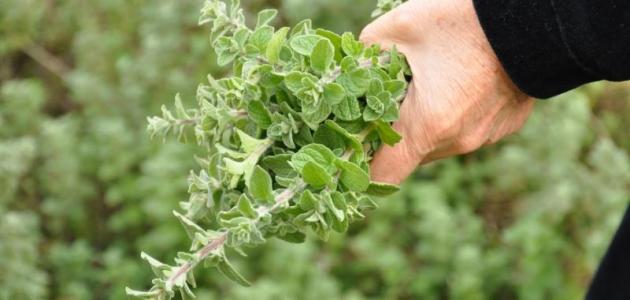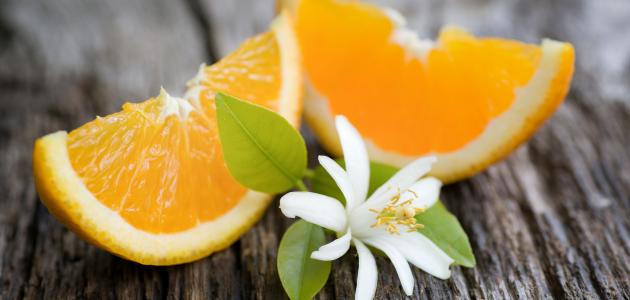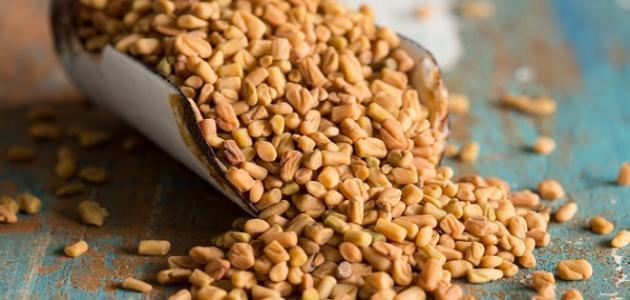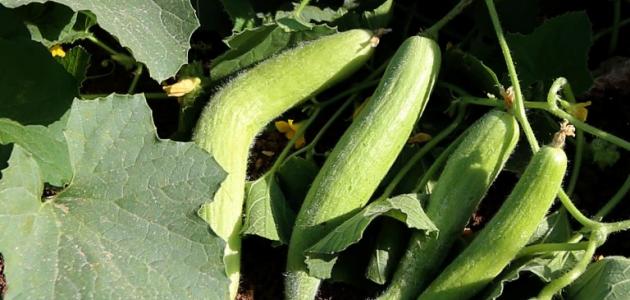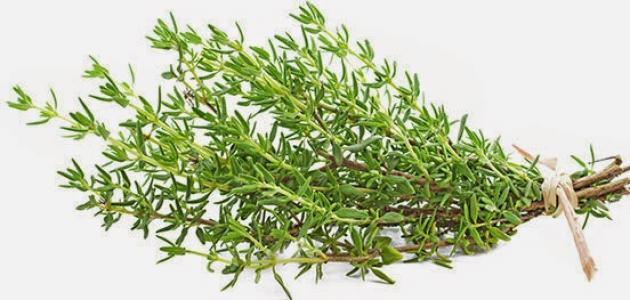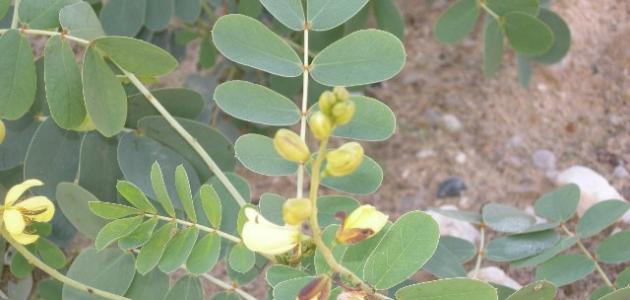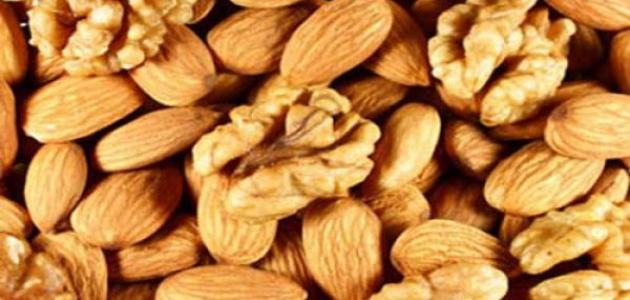Artichoke
The artichokes plant (in English: Artichokes), which is also called the hornbill, the artichoke, the artichoke, or the ancaenar, and its scientific name is Cynara cardunculus var scolymus. It is a plant that has pointed thorns that bear at the end an edible flower. The artichoke plant was cultivated for the first time. In Italy in the early fifteenth century, there are more than 100 species of this plant that differ in size. It ranges in size from very small to very large, and in terms of colour; Its color ranges from dark green to purple, and its shape also varies, as it ranges from large balls to a long oval shape. The artichoke is characterized by the presence of thorny points on its leaves, which are removed before eating it. It is worth noting that this plant needs time. Longer during preparation for cooking compared to other vegetables.
Nutritional value of artichokes
Below are the amounts of nutrients contained in every 100 grams of raw artichokes:
| nutritional element | Quantity |
|---|---|
| water | 84.94 milliliters |
| Calories | 47 calories |
| Protein | 3.27 grams |
| Fats | 0.15 grams |
| Carbohydrates | 10.51 grams |
| Fiber | 5.4 grams |
| Sugar | 0.99 grams |
| Calcium | 44 milligrams |
| Iron | 1.28 milligrams |
| magnesium | 60 milligrams |
| phosphorous | 90 milligrams |
| potassium | 370 milligrams |
| Sodium | 94 milligrams |
| zinc | 0.49 milligrams |
| Copper | 0.231 milligrams |
| manganese | 0.256 milligrams |
| selenium | 0.2 mcg |
| vitamin C | 11.7 milligrams |
| Vitamin B1 | 0.072 milligrams |
| Vitamin B2 | 0.066 milligrams |
| Vitamin B3 | 1.046 milligrams |
| Vitamin B5 | 0.338 milligrams |
| Vitamin B6 | 0.116 milligrams |
| folate | 68 micrograms |
| Vitamin A | 13 IU |
| Vitamin E. | 0.19 milligrams |
| Vitamin K | 148 micrograms |
Benefits of artichoke
Benefits of artichokes according to degree of effectiveness
Possibly Effective
- Contributing to alleviating indigestion problems: The results of one of the studies published in the journal Evidence-Based Complementary and Alternative Medicine in 2015 showed; Taking nutritional supplements that contain ginger and artichoke extracts may contribute to alleviating the symptoms of functional dyspepsia, such as: nausea, bloating, and a feeling of pain and fullness in the upper abdomen. However, despite this, eating Artichokes may cause intestinal gas in some people.
- Help reduce cholesterol levels: A review of several studies published in the Cochrane Database of Systematic Reviews in 2009, which included 262 people with high blood cholesterol levels (in English: Hypercholesterolaemia), showed that artichoke leaf extract may contribute to reducing blood cholesterol levels in those who suffer from high blood cholesterol levels, and it is worth It is noteworthy that high levels of cholesterol in the blood are directly linked to an increased risk of heart and strokes and other diseases.
Insufficient Evidence
- Reducing the risk of hepatitis C: (In English: Hepatitis C), as the aqueous extract of the leaves of the Egyptian artichoke plant contains the compound sesquiterpene lactones (in English: Sesquiterpene lactones) and the compound Cynaropicrin, which reduce the growth of the hepatitis C virus, according to a study published in the journal Food and Function. In 2016, it was performed on 15 patients with this disease.
- Helping lower blood pressure levels: In a study published in the Journal of Dietary Supplements in 2009, it was conducted on a group of people who suffer from a slight increase in blood pressure levels, in which the participants took a concentrated extract of artichoke leaf juice for 12 weeks, and the results of the study showed a noticeable decrease in blood pressure levels. Systolic and diastolic blood levels of study participants compared to those who did not take the concentrated extract of artichoke leaf juice.
- Alleviating the symptoms of irritable bowel syndrome: A study published in The Journal of Alternative and Complementary Medicine in 2004, which was conducted on 208 people with irritable bowel syndrome, showed that taking artichoke leaf extract may help alleviate the symptoms associated with this disease, such as fluctuations in diarrhea and constipation. However, it is worth noting that eating artichokes may cause diarrhea and stomach disorders in some people.
- Maintaining liver health: As artichoke leaf extract may contribute to enhancing liver health and helping to build new cells to compensate for damaged ones, and eating it increases the liver’s production of bile (in English: bile), which helps it get rid of harmful toxins, it is worth noting that artichoke leaf extract Artichoke contains antioxidants such as: Silymarin and Cynarine. One study conducted on mice and published in the journal Pharmaceutical Biology in 2014 showed that taking artichoke leaf extract reduces oxidative stress in the liver and liver damage caused by artichoke. Taking medications in high doses improves liver function in general.
- Other benefits for which there is insufficient evidence of effectiveness: Eating the artichoke plant or its extract may contribute to alleviating the following health problems, but its effectiveness in alleviating them still needs more studies to prove, and these cases include:
- Ascites, or what is known as fluid retention.
- Anemia.
- arthritis.
- Gallstones.
Scientific studies on the benefits of artichokes
- One laboratory study published in the journal Life Sciences in 2002 showed that artichoke extract Reduces oxidative stress caused by inflammation in the body's cells.
- A laboratory study published in the journal Oxidative Medicine and Cellular Longevity in 2015 indicated that polyphenols found in artichokes reduce the growth of breast cancer cells. Therefore, experts in this study believe that using these compounds for a long period It may contribute to reducing the risk of breast cancer.
Benefits of artichoke leaves
A review of several studies published in the journal Plant Foods for Human Nutrition in 2015 showed that artichoke leaf extract has a beneficial effect on the liver, and that the extract of the roots and leaves of this plant may contribute to maintaining liver health and renewing its cells, and it may also help reduce cholesterol levels in the liver. the blood; Thus reducing the risk of heart disease, boiled artichokes may also help reduce blood sugar and insulin levels after eating in normal people, but no effect has been observed on those with metabolic syndrome.
Read also:Benefits of Indian almondsBenefits of artichoke for slimming
One preliminary study published in the journal Phytotherapy Research in 2019 showed that taking nutritional supplements containing artichoke and bean extract, in addition to following a low-calorie diet, may increase satiety and contribute to weight loss. But it is not possible to rely on only one study to prove the possibility of artichoke extract in helping to lose weight. In addition, the artichoke in this study was used with the extract of another plant, which calls for the need to conduct more studies using artichoke extract alone to prove its effectiveness in the process of losing weight. the weight.
Artichoke damage
Artichoke safety degree
Eating artichokes is considered a disease Mostly safe When consumed within the quantities used in foods, it is also considered Possibly safe When taken as a medicine for a period of up to 23 months, but there is not enough information about the degree of safety of taking artichokes for pregnant or breastfeeding women, so caution must be taken when taking it during pregnancy and breastfeeding.
Warnings of using artichokes
As we mentioned previously, eating artichokes may cause some side effects in some people, such as: intestinal gas, stomach disorders, and diarrhea. It should also be noted that it is recommended to avoid eating artichokes for those with some health problems, such as:
Read also:The benefits of galangal- People with bile duct obstruction: Eating artichoke may increase the flow of bile, so people with this problem are advised to avoid eating it before consulting a doctor.
- People with kidney stones: Eating artichokes may worsen the condition of people with kidney stones, because they may contribute to increased bile flow.
- People with an allergy to plants in the Asteraceae family: Damses, chrysanthemums, marigolds, elderberries, and other similar herbs are plants that belong to the Asteraceae family. People who are allergic to these plants are more likely to have an allergic reaction to eating artichokes, so they are advised not to eat them except after medical advice.
